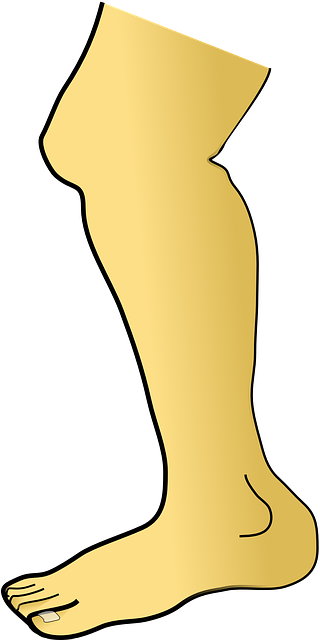Introduction Muscle Cramps In Legs
Muscle Cramps In Legs. Leg cramps can strikeout of the blue and cause excruciating pain. And it can last for less than a minute or torture you for much longer. Also, many people suffer from leg cramps primarily at night. So then, it occurs due to involuntary contractions or spasms of the muscles in your legs. Furthermore, it can affect the calf muscles, thigh muscles and even involve the hamstrings and quadriceps.
In addition, leg cramps can attack anyone including both children and adults, but the elderly may be more prone to it. Also, lost minerals in the body can affect your muscle functions. In addition, if you are prone to muscle cramps or will be engaging in vigorous exercise. taking a supplement to ensure your body has sufficient minerals can help.
Drink Sufficient Water
Muscle Cramps In Legs. Dehydration is another common cause of leg cramps. To prevent the problem, make sure to drink an adequate amount of water throughout the day. So then, water is important for muscle health. Also, try to drink a minimum of 8 to 10 glasses of water a day to prevent dehydration and cramping. Furthermore, to know whether you are drinking enough water, check the colour of your urine. For example, clear urine signals adequate hydration, while yellowish urine signals inadequate hydration. Similarly, along with water, eat more water-based fruits and vegetables to reduce the chance of dehydration and prevent leg cramps. Also, avoid drinking too much tea, coffee, alcohol and carbonated beverages, as these can aggravate the condition rather than help matters.
Potassium
Potassium is one of the electrolytes that work with sodium to maintain your cells’ electrical charges. In addition, the proper electrical charge in the cells helps control muscle contractions and functioning. So then, when the body is low in potassium, the cells are not able to control muscle contractions, which leads to legs cramps. Also, make sure to get enough potassium in your diet. good sources of potassium include bananas, dates, apricots, grapes, cabbage, broccoli, oranges, grapefruit, fish, pork, and lamb. Furthermore, potassium supplements are available in a multivitamin form. Also, as potassium acetate, potassium bicarbonate, potassium chloride and potassium gluconate supplements. Your doctor can advise.
Vitamin E
Lack of vitamin E in your diet can contribute to leg cramps. Because few foods contain sufficient amounts of vitamin E. Hence, adding a supplement to your daily diet can help. However, if you prefer to supplement your diet with food sources, choose oatmeal, wheat germ or safflower oil. Furthermore, vitamin E helps to fight free radicals in the body that contribute to leg cramping.
Magnesium
This mineral is important for muscle health. So then, it stimulates calcium re-uptake that helps maintain strong muscles and prevent cramps. Moreover, magnesium aids the absorption of potassium, which is also important for muscle functioning. However, if you often experience leg cramps, get your magnesium level checked. If you have a magnesium deficiency, eat foods rich in magnesium like pumpkin seeds, spinach, kale, almonds, avocados, bananas, beans and tofu. Also, soy milk, cashews, pecans, walnuts, potatoes with the skin and blackstrap molasses. Hence, if you experience diarrhoea after taking the supplement, you may wish to lessen the dosage. Here, too much magnesium is associated with causing an upset stomach. Therefore, if you want to take a supplement, consult your doctor first.
Additional Home Remedy Tips
- Eating fermented foods can help ease painful leg cramps.
- Drinking sports drinks with electrolytes can be useful in preventing the problem.
- To improve blood circulation and prevent leg cramps, take 1 tablespoon of brewer’s yeast per day.
- Being low in B vitamins can also increase cramps. Get more B vitamins by eating eggs, grass-fed meat, fish, whole grains, and legumes.
- Stay away from alcohol, as it can cause dehydration, a common cause of leg cramps.
- Wear proper footwear while exercising to prevent putting extra pressure on the muscles and causing cramping.
- Drinking a glass of warm milk before going to sleep is an effective way to prevent leg cramps.
- Drinking ginger tea, chamomile tea or raspberry tea also works as an excellent leg cramp remedy.
In Conclusion
Muscle cramps in your legs are a painful experience which many of us older adults often suffer from. Ensuring you eat the right foods or take supplements can prevent this painful nuisance condition. But remember, always clear supplements with your doctor to ensure they do not clash with your prescription medicine.
Important Note *
Remember that everyone is different, and it is ultimately YOUR RESPONSIBILITY to find what your body responds to. So please do your due diligence before trying anything new, including getting Medical Advice to ensure your safety and peace of mind.
Connect with me and leave a comment or two on my social media.



